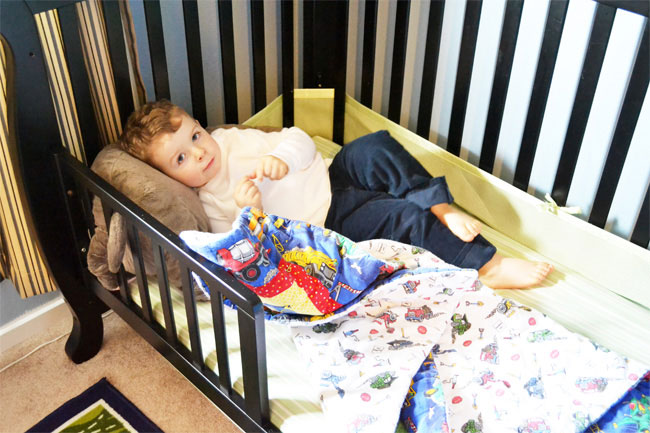The behaviour you feed is the behaviour you strengthen. So, focus on your child's positive habits. Take 2,000 two to three year old children and interview their parents. Ask them about their parenting practices and their children's behaviour. Wait 6 years when the kids are now eight to nine years old and interview the parents again and the children. The degree to which the parents were more punitive, as defined by spanking and yelling, the more likely the children were to be aggressive with their parents, siblings and friends. Further, those parents who scored high as punitive in the first interview but changed to a more positive parenting style had children whose aggressive behaviour diminished over time. In other words, children's aggressive behaviour is linked to parental discipline and it is never too late to undo the effects of a punitive parenting style.
The challenge for those parents, whose style of discipline is punitive, is to adopt a more positive style. Some parents feel that without resorting to yelling and spanking, they have no other tool with which to shape, correct or discipline their children.
Parents are well advised to learn the riddle of "The Two Dogs":
Imagine there are two dogs inside of you, inside of everyone. Imagine that one is striped and one is polka-dotted. They are of equal age and equal strength. They are fighting and fighting constantly. Which one will win the struggle? Which one will win the fight? .The one you feed! Why? Because food strengthens the dog, giving it an advantage.
Behaviour works the same way. The behaviour you feed is the behaviour you strengthen. However, the food of behaviour is attention. Whatever behaviour we attend to, even if the attention is punitive, we wind up feeding it. This is why parenting experts spend so much time suggesting alternate and more positive parenting strategies such as redirection, ignoring and even time out. When we redirect a child's behaviour we ignore the misdeed, hence we do not feed it and yet help the child to then focus on more desirable behaviour and activity. Some parents forget that telling a child what not to do, does not mean the child will know what to do. Redirection to a desired activity is thus necessary to help a child get on the right track. Once on track, the parent is advised to feed that behaviour. This is where feedback or praise comes in. We
catch a child doing good and tell them how nicely they are playing or behaving. We feed the right dog!
When we redirect, ignore or even discuss misbehaviour with our children, we demonstrate positive strategies for getting along with others. As we teach, children learn and pick up on our behaviour and then use our strategies in their social interactions, be it with us, brothers and sisters or friends or classmates.
Knowing that children's behaviour is tied to parents' behaviour, we then have a tremendous responsibility to use positive parenting practices. If we want our children to play and get along nicely, we must demonstrate the behaviour that encourages and models acceptable behaviour too.































